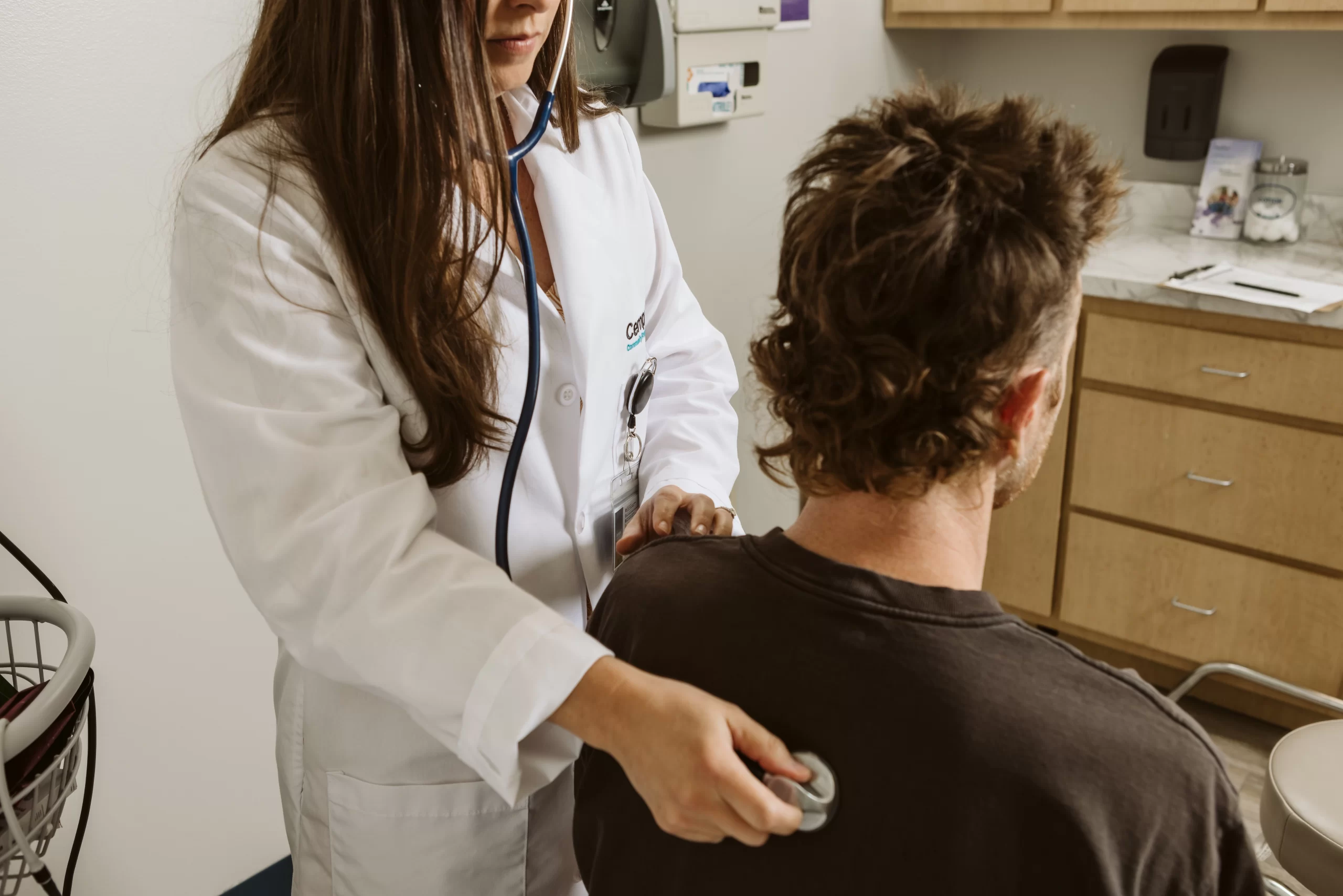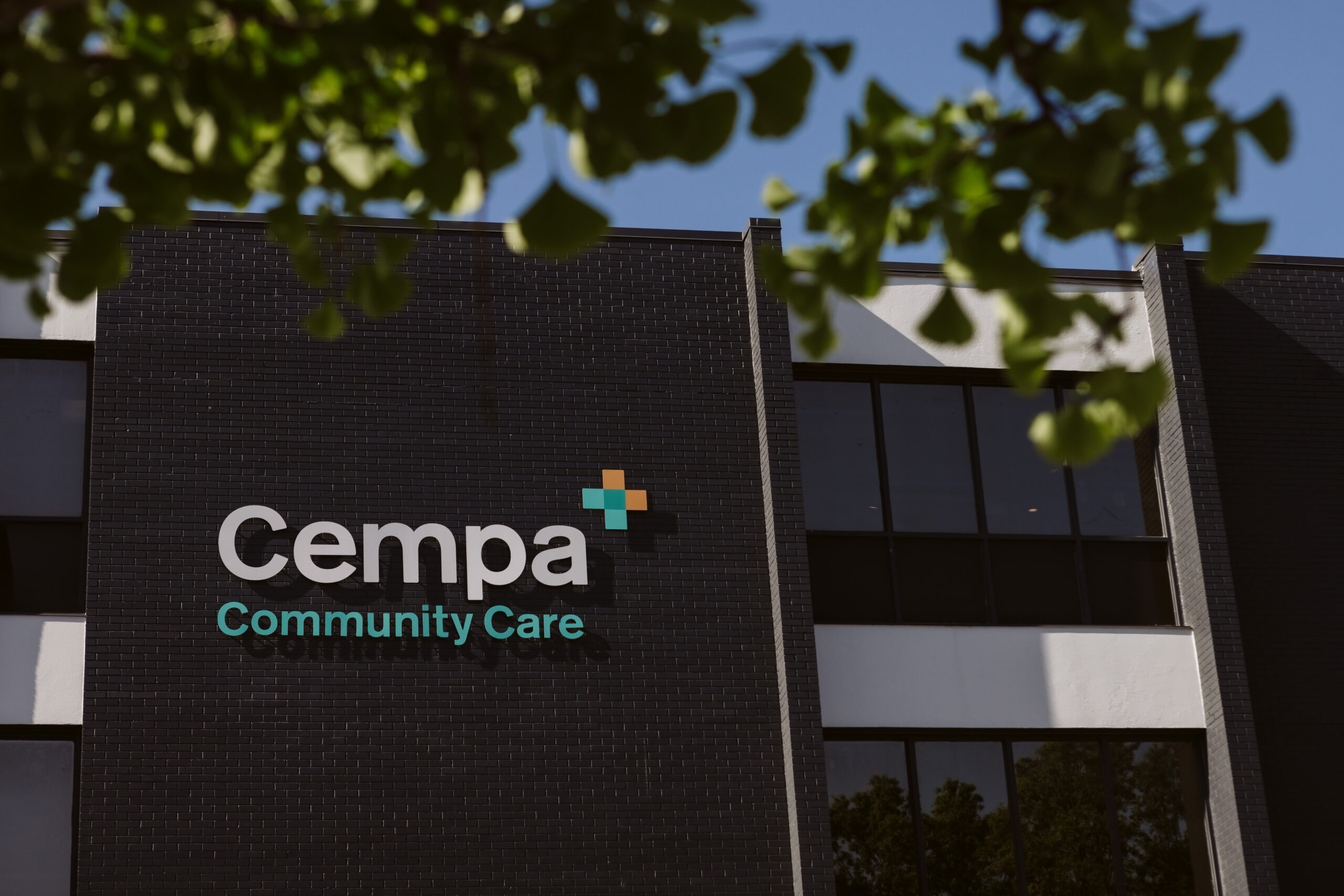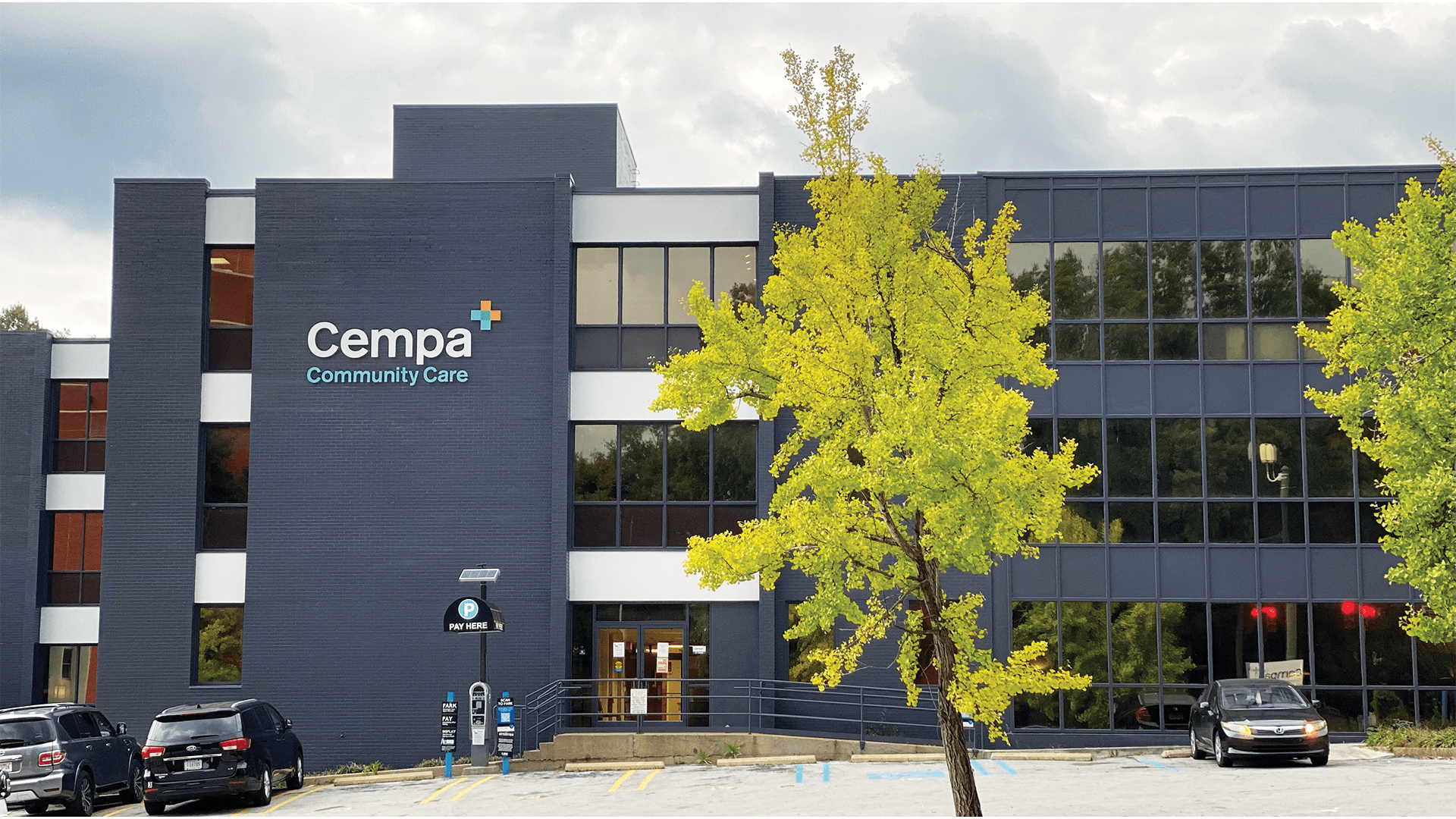You might think about physical health and mental health as being two separate things. While that’s technically true, they’re very interconnected. Your mental health affects your physical health — and vice versa.
Have you ever been in a bad mood and then gotten a headache seemingly out of nowhere? That’s a perfect example of how what you’re feeling emotionally can impact what you’re feeling physically.
In order to be the healthiest version of yourself, it’s important to take good care of both your physical and mental health. Take a few minutes during Mental Health Awareness Month this month to read up on how you take control of your health.
Mental Health: By the Numbers
People are often hesitant or even embarrassed to talk with others, including medical providers, about mental health concerns. That’s partially because we often feel as if we’re the only person experiencing troubling emotions and mental health challenges.
If you’re experiencing symptoms affecting your mental health, such as sadness or anxiety, know that you aren’t alone. According to the National Alliance on Mental Health, 1 in 5 adults in the United States experiences a mental health issue in any given year. That’s approximately 73 million people.
In the state of Tennessee, mental health issues are even more common. As of Feb. 2021, more than 43% of Tennessee adults reported experiencing symptoms of anxiety or depression.
Many of the people surveyed also reported not receiving the care they needed to treat a mental health condition. Because untreated mental health issues can lead to physical health problems, that may be part of the reason why Tennesseeans have poorer health outcomes and a shorter life expectancy than the national average.
The Connection Between Mental and Physical Health
The Centers for Disease Control and Prevention defines mental health as “the component of behavioral health that includes our emotional, psychological, and social well-being” and “a state of well-being that helps us cope with the stresses of life.”
When you’re mentally healthy, you’re well-equipped to handle the challenges life sends your way, often on a daily basis. When you have a mental health condition, your ability to handle those “stresses of life” is diminished somewhat, which can negatively impact your health and well-being.
“Unmanaged mental health conditions or compromised mental health can exacerbate symptoms of chronic health conditions, and mental health can co-occur with other common health conditions like substance use disorders, diabetes, asthma, cancer, and cardiovascular conditions” says Kevin Webster, LPC/MHSP, MAC.
If you’re experiencing symptoms affecting your mental health, you may also be more likely to turn to unhealthy habits to help you cope. Eating fast food, smoking, or abusing substances can all affect your physical health.
Due to a combination of these factors, having a mental health condition increases the risk of many conditions affecting physical health, including Type 2 diabetes, high blood pressure, heart disease, and stroke.
The same is also true in reverse. Having a chronic health condition, like HIV, can increase your risk for developing a mental health issue. The good news? Effective treatment can help you protect both your mental and physical health.
Getting the Care You Need
If you’re experiencing symptoms of a mental health condition, such as sadness, anxiety, mood swings, an inability to concentrate, or a lack of pleasure in previously enjoyable things, you don’t need to hold it all inside. Help is available.
At Cempa, we offer behavioral health services, including individual counseling, group therapy, substance use support, and crisis intervention, to help you cope with life’s challenges and overcome mental health issues. You’ll also learn healthy techniques and strategies to help you better handle stressful situations and other mental health triggers in the future.
“Talking with others about what you’re feeling can help you through many mental health issues,” Kevin Webster, LPC/MHSP, MAC says. “That’s true for talking with friends and family, but many people don’t feel safe or comfortable talking with their loved ones about their mental health. Professional counseling can step in to provide that ‘safe space’ to share feelings and talk through emotions while also helping you process those emotions.”
Knowing that your physical and mental health are interconnected, you can also find peace of mind in knowing that you can access comprehensive care through Cempa. We offer a full spectrum of services, including primary care, diagnosis and treatment for infectious diseases, Pharmacy services, dental care, mental health care, and more.
We’re here to provide high-quality, affordable care for those in our community — and that means treating the whole person, physically and mentally.
Experiencing mental health symptoms or looking for mental health support? Call 423-265-2273 or visit cempa.org for more information about Cempa’s mental health services or to schedule an appointment.







